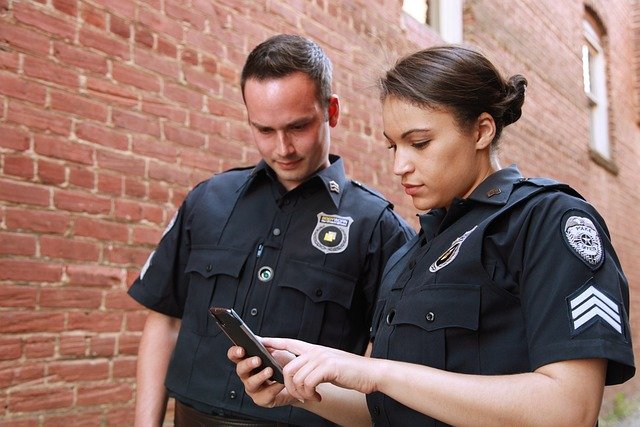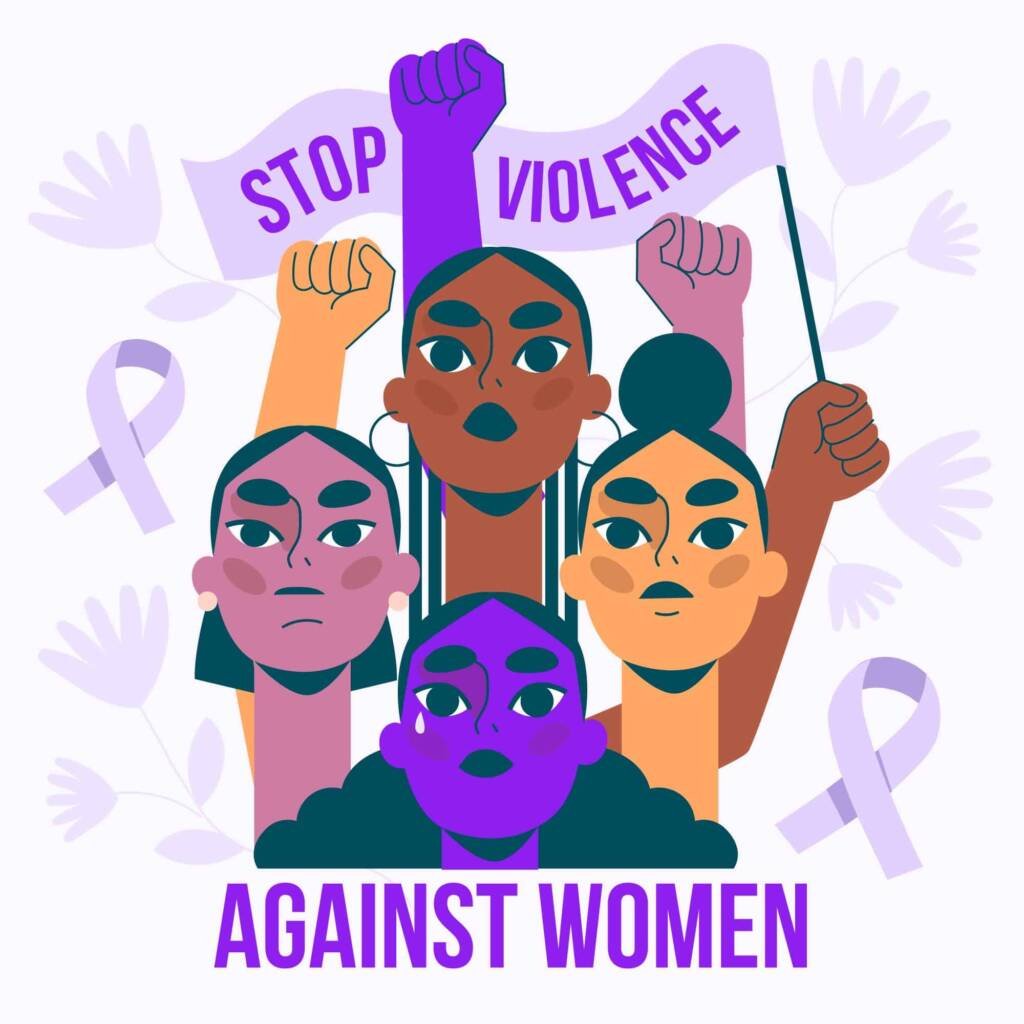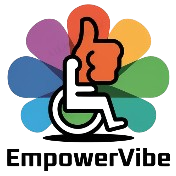How Disabled Persons Can File a Complaint & Protect Their Disability Rights Step-by-Step Guide

If someone misbehaves or harasses a disabled person,
you have the full right to file a complaint against them
under Section 92 of the Disability Act 2016, and you will receive full justice.
In this society, we have often seen that disabled persons face many problems,
and social violence and harassment are among them.
People always try to make them feel low and mess with them,
making disabled individuals feel unsafe in society.
But now, they do not have to worry you have the full
right to file a complaint against them under
Section 92 of the Disability Act 2016, and you will receive full justice.
Who Disabled Person Can File a Complaint?

The Persons with Disabilities Equal Opportunities, Protection of Rights and Full Participation Act,
(PWD Act) of 2016 had heralded a new dawn in the lives of disabled people in India.
A person with disability, any individual, or an organization
can file a complaint on behalf of the victim. The complaint must be accompanied by:
- A disability certificate of the victim
- Supporting documents
Complaints can be submitted by post, by hand, or by e-mail.
Where Disabled Person Can File the Complaint?

State Commissioner for Persons with Disabilities
📍 Address:
25-D, Mata Sundri Road, Near Guru Nanak Eye Center, New Delhi-110002
📞 Phone: 011-23216003-04
📧 Email: comdis.delhi@nic.in
How Disable Person Can File a Complaint?

You can approach the State Commissioner using one of the following methods:
- In Person
- Through a Representative
- Through Registered Post
- By E-mail
Details Required in the Complaint

- Complainant Information:
- Name of the complainant
- Name of the victim (the affected person with a disability)
- Complete postal address
- Contact number and email (if available)
- Victim’s Details:
- Brief description of the victim
- Nature and percentage of disability
- Details of the Opposite Party:
- Name and address of the person(s) or organization(s) against whom the complaint is being made
- Incident Details:
- What happened
- When did it happen
- Where did it happen
- What relief is being sought
Documents Required
- Documents supporting the allegations in the complaint
- Clear and legible copy of the Disability Certificate from a valid authority
What Happens Next?

- Complaint Acknowledgment & Response
- Once the State Commissioner receives the complaint, a copy will be forwarded to the opposite party for their response.
- The complainant may submit a rejoinder if necessary.
- Parties may be heard in person if required.
- Non-Appearance Consequences
- If the complainant (or their agent) fails to appear, the Commissioner may dismiss the complaint or decide on merits.
- If the opposite party (or their agent) fails to appear, the Commissioner may take action under the Rights of Persons with Disabilities Act, 2016, and may proceed ex-parte.
- Adjournments
- The State Commissioner may adjourn the hearing at any stage if deemed necessary.
Core Principles of Disabled person’s Rights

Foundational Principles (Article 3)
The Disability Convention upholds human rights principles that protect and empower persons with disabilities. These include:
- Respect for dignity and individual autonomy
- Non-discrimination
- Full and effective participation and inclusion
- Respect for differences
- Equality of opportunity
- Accessibility for all
- Gender equality
- Protecting the rights of children with disabilities
These principles are deeply rooted in the Convention and aim to create a more inclusive and fair society for disabled person
However, the proposed amendments by the Ministry of Social Justice and Empowerment (MOSJE) only repeat Article3 without including key provisions that strengthen these rights, such as:
- Civil and political rights
- Rights of women and girls with disabilities
- Other essential protections
Protecting Against Discrimination (Article 4(1)(e))

The Disability Convention states that discrimination against persons with disabilities must be addressed in all areas of life, including the private sector.
Unfortunately, the proposed amendments do not clearly:
- Ban discrimination based on disability
- Specify the consequences for those who violate these rights
To ensure true equality and justice, laws must clearly define discrimination and provide strong protections for persons with disabilities in all aspects of society.
Recognized Rights For Disabled Persons

- Right to Equality and Non-Discrimination – It also recognizes the need to provide for reasonable accommodation in order to further the right to equality.
- Right of Women and Girls with Disabilities – Full and equal enjoyment of all human rights and fundamental freedoms.
- Right of Children with Disabilities – Full and equal enjoyment of all human rights and fundamental freedoms. A child’s right to express views on matters affecting him/her is also recognised.
- Right to Accessibility – Access to the physical environment, transportation, information, and communications, including information and communications technologies and systems, in urban and rural areas.
- Right to Life
- Right to Protection and Safety – Ensuring security in situations of risk, armed conflict, humanitarian emergencies, and natural disasters.
- Right to Recognition Before Law – The right to legal capacity is also included.
- Right to Access Justice – With procedural and age-appropriate accommodations.
- Right to Liberty and Security of Person
- Right Not to Be Subjected to Cruel, Inhuman, or Degrading Treatment or Punishment
- Protection from Exploitation, Violation, and Abuse – Including gender-based abuse.
- Right to Respect for Physical and Mental Integrity
- Right to Freedom of Movement – Including the right to acquire and change nationality.
- Right to Live in the Community – And choose place of residence.
- Right to Freedom of Expression
- Right to Privacy
- Right to Marry and Found a Family
- Right to Retain Fertility and Other Reproductive Rights
- Right to Education
- Right to the Enjoyment of the Highest Attainable Standard of Health
- Prohibition on Discrimination on the Basis of Disability in Employment
- Right to an Adequate Standard of Living – Including adequate food, clothing, and housing.
- Right to Participate in Political and Public Life – Including the right to vote and to be elected.
- Right to Participate in Cultural Life
Helplines for Disabled Women in Distress

- National Commission for Women Helpline – 7827170170
- Central Social Welfare Board – Police Helpline – 1091 / 1291, (011) 23317004
- Shakti Shalini – 10920
- Shakti Shalini – Women’s Shelter – (011) 24373736 / 24373737
- SAARTHAK – (011) 26853846 / 26524061
- All India Women’s Conference – 10921 / (011) 23389680
- JAGORI – (011) 26692700 / +918800996640
- Joint Women’s Programme (also in Bangalore, Kolkata, Chennai) – (011) 24619821
- Sakshi – Violence Intervention Center – (0124) 2562336 / 5018873
- Saheli – A Women’s Organization – (011) 24616485 (Saturdays)
- Nirmal Niketan – (011) 27859158
- Nari Raksha Samiti – (011) 23973949
- RAHI – Support Centre for Women Survivors of Child Sexual Abuse – (011) 26238466 / 26224042 / 26227647
Legal Aid Helplines

- Human Rights Law Network (Madhyam Helpline & Legal Services) – (011) 24316922 / 24324503
- Lawyers Collective Women’s Rights Initiative (LC WRI) – Pro Bono Legal Aid for Domestic Violence Cases – (011) 24373993 / 24372923
- MARG (Multiple Action Research Group) – (011) 26497483 / 26496925
- Delhi Police Helpline – 1091
- Delhi Commission for Women – (011) 23379181 / 23370597
- Women’s Cell, Delhi Police – [See Link]
- National Human Rights Commission – (011) 23385368 / 9810298900
- Pratidhi – (011) 22527259
Other Important Helplines

- Government AIDS Helpline – 1097
- Child Line (24-Hour Helpline for Children in Need of Care and Protection) – 1098
- CATS – Centralized Ambulance for Trauma Services (Delhi Govt.) – 1099
- Counselling Services for Women in Distress (Delhi Police) – 3317004
- Sarthak – Career Guidance and Counselling for Young People – 9628052777 / 9628019278 / 9628019279
- Helpline on Breathing Problems (Better Breathers Club of India) – 9628015969 / 9632154536 / 9628005278
- Hotline for Brain Attack – 5792090 / 5794733

